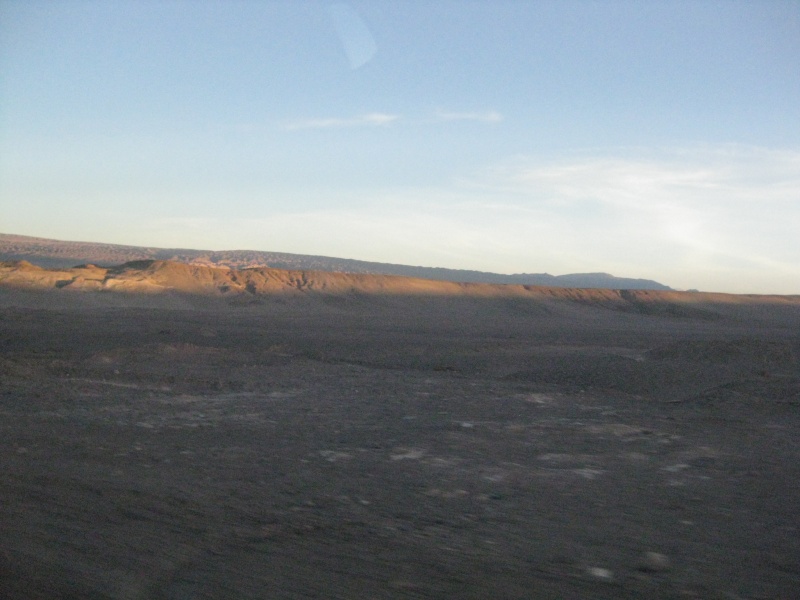I had the privilege of spending these past two weeks in San Pedro de Atacama, Chile, assisting at a conference that endeavored to apply research to education. The Latin American School for Education, Cognitive and Neural Sciences brought together not only recognized authorities from around the world, but also an international group of PhD candidates and new professors. They gathered in the small town of San Pedro (population: approximately 5,000) in the middle of the Atacama Desert.

There’s something about being in the middle of nowhere that amplifies similarities and fosters connections. We were all affected by dry skin and an unreliable Internet connection, awed by the expansiveness of the desert and the actual number of potentially visible stars in the night sky (San Pedro is one of the best places in the world to stargaze), and afflicted by the earthquake in Japan. For the purposes of the conference, the aura of fellowship encouraged thoughtful discussion about applying the learning and intellectual sharing to the real world. The atmosphere generated ideas, cultivated future research collaborations and motivated each participant to pass on new knowledge to their respective areas.
It was a beautiful example of how the strength of similarities could overcome differences and the beauty lies in getting past stereotypes to experience a true willingness to learn from and through others. There was less identification with divisive labels, such as Costa Rican versus Uruguayan, student versus faculty and scientist versus educator. Instead, the conversation shifted from a comparison about what each person could or couldn’t do to a sense of teamwork with a focus on how people could work together to achieve more than one could on his or her own. We became humbled learners who recognized the essential humanity that bonds us together as part of the same global community.
Achieving openness can be facilitated by a purpose, such as the aim of the LA School, but I believe that this phenomenon can actually happen anywhere. It just requires that you step outside of your comfort zone, outside of the categories that your mind has already formed. The surprises you’ll find can diminish fears, break barriers and, most importantly, construct a sense of connectedness that has the power to lead to positive changes.
Have you been surprised by similarities you share with another? How have you seen or experienced the power of connectedness?
P.S. I made it back home to Huancayo safely and am slowly settling back into the groove of things. Thanks for your patience!


